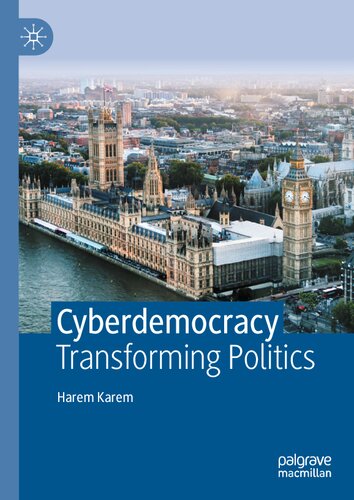

Most ebook files are in PDF format, so you can easily read them using various software such as Foxit Reader or directly on the Google Chrome browser.
Some ebook files are released by publishers in other formats such as .awz, .mobi, .epub, .fb2, etc. You may need to install specific software to read these formats on mobile/PC, such as Calibre.
Please read the tutorial at this link: https://ebookbell.com/faq
We offer FREE conversion to the popular formats you request; however, this may take some time. Therefore, right after payment, please email us, and we will try to provide the service as quickly as possible.
For some exceptional file formats or broken links (if any), please refrain from opening any disputes. Instead, email us first, and we will try to assist within a maximum of 6 hours.
EbookBell Team

4.4
72 reviewsThis book is explicitly modernist at a time when many scholars have either forgotten the emancipatory promise of the Enlightenment or railed against it in the name of postmodernism. The book, broadly, adopts a hybrid epistemology that utilises the critical insights of Geisteswissenschaften Tradition (Weberian ‘Ideal-Type Analysis’) and the Habermas (1988) notions of the ‘public sphere’ and deliberative/dialogic democracy (‘ideal speech’) to advance a general proposition of democratic renewal by way of cyberdemocracy. Curiously, as democracy spreads across the world in the age of globalisation, it has also been accompanied by increased discontent with democratic systems. To that end, this book is not overly concerned with saving democracy beyond the liberal representative model, rather the focus is on how modern representative democracy has failed and how cyberdemocracy might function as a more effective model that truly represents the people by broadening participation and reflexive deliberation.